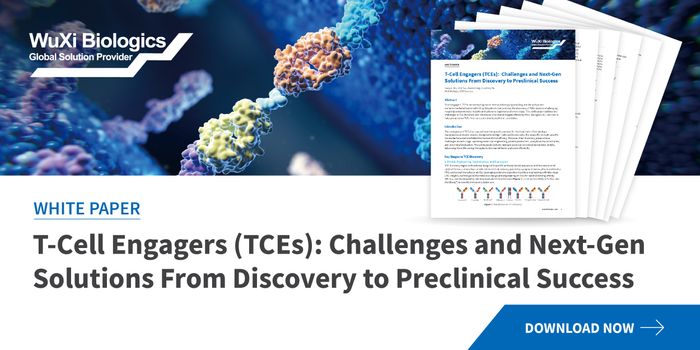Cannabigerol's Potential to Trigger Neuroregeneration
Cannabigerol (CBG) has significant potential to treat neurological disorders according to a recent study published in Pharmaceuticals. The Penn State research team determined that CBG can be a critical factor in neuroregeneration. The researchers used NSC-34 cells to model a spinal cord injury in vitro. When they applied CBG treatments to the scratch injury, they found that CBG pre-treatments reduced oxidative stress and increased antioxidant enzyme genes while CBG post treatments stimulated regeneration genes.
Cannabigerol is one of the lesser-known cannabinoids, but it plays an important role in the synergistic effects of cannabinoids and other compounds found in cannabis. It is a precursor molecule to many phytocannabinoids, and an enzymatic reaction changes CBG into other cannabinoids including THC and CBD. It is not found in high amounts (it only makes up 1% of cannabis plant compounds), and scientists believe this is because CBG starts to convert to other cannabinoids as soon as it is produced. This is why it is called the mother of all cannabinoids or the stem cell cannabinoid. After CBG is created, it is sent along a neural pathway and transitions into CBD, THC, CBN, and other compounds.
CBG acts as a GABA (Gamma-aminobutyric acid) uptake inhibitor and controls GABA neurotransmitters. The effects include muscle relaxation and anxiety reduction which makes medical professionals believe CBG has strong medicinal potential for numerous health conditions. Previous studies have demonstrated CBG’s therapeutic potential in treating neurological disorders such as Parkinson disease and multiple sclerosis. It also has effective anti-inflammatory, anti-depressant, and antifungal properties, so research will continue to study CBG’s precursor activity and how it works synergistically with other cannabinoids.
The researchers intend to research the triggering of different pathways for cannabigerol and how different doses at different times might impact the length of treatment. As demand for CBG increases, so will the need for research on the optimal time to harvest in order to yield CBG potent crops and the most effective extraction methods for preserving CBG’s medicinal properties.
Sources:








